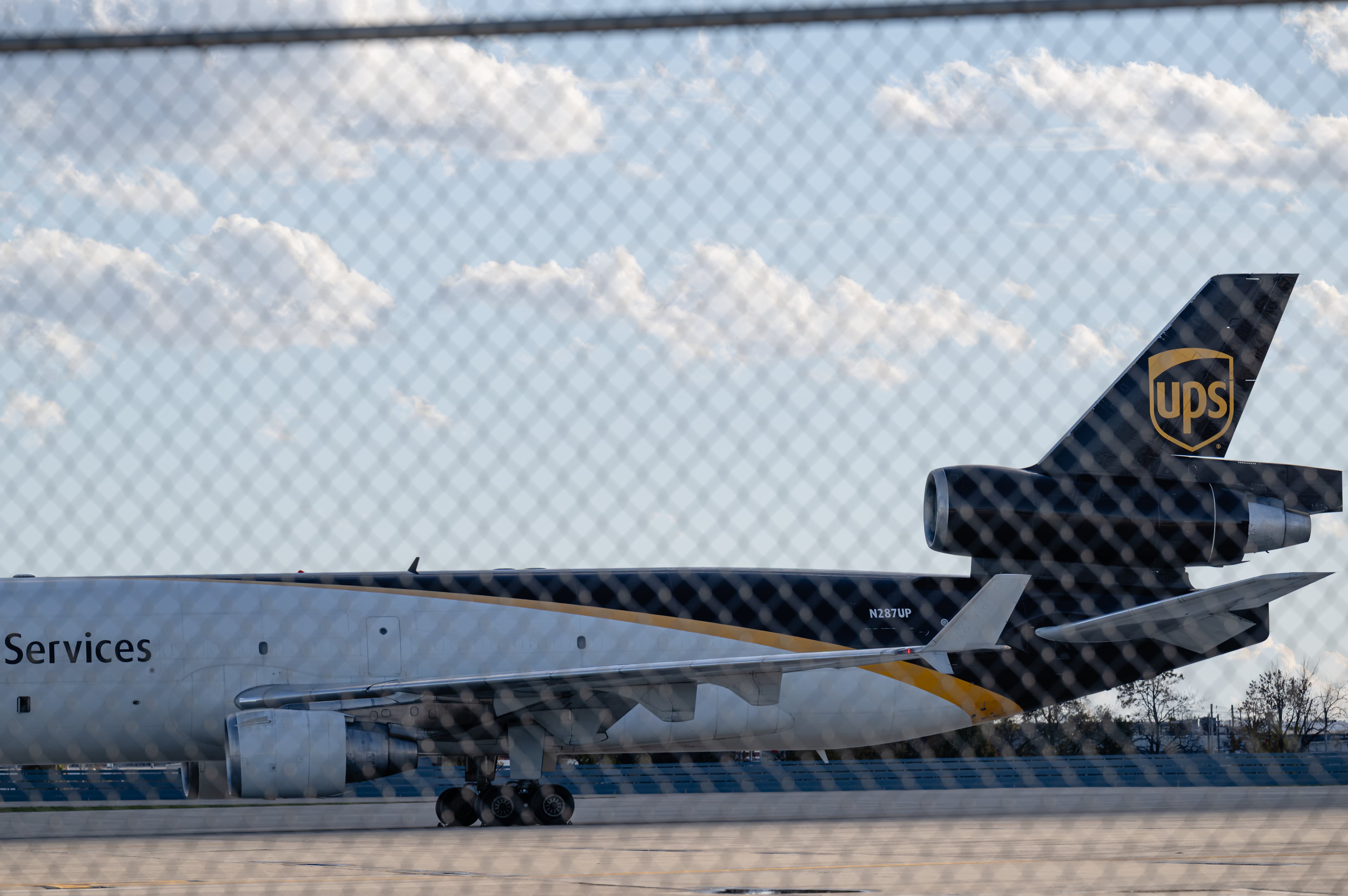Microsoft accuses Delta of not ‘modernizing’ systems before cyber outage

Microsoft on Tuesday joined CrowdStrike in pointing a finger back at Delta Air Lines for its operational meltdown last month following a global technology outage, with a lawyer accusing Delta of not “modernizing” its information technology ahead of the debacle.
The rejoinder came in a letter from an outside attorney for Microsoft responding to the Atlanta-based carrier’s plans to pursue potential claims against both software firms in the wake of a technology outage that upended Delta’s operations for days and thousands of people stranded in airports across the globe.
The CrowdStrike outage affected companies that use Microsoft systems around the world on the morning of July 19. But for Delta, the impact ended up being enormous. The outage triggered problems that the airline struggled to recover from, leading to a massive operational meltdown lasting five days with more than 6,000 flight cancellations.
The U.S. Department of Transportation is investigating Delta and its treatment of customers.
Delta last week said it had hired law firm Boies Schiller Flexner to pursue potential claims against Microsoft and CrowdStrike. CEO Ed Bastian said the fallout from the outage cost the airline half a billion dollars.
On Sunday evening, CrowdStrike’s attorney wrote in a letter to Delta’s attorney that the airline’s public threat of litigation “has contributed to a misleading narrative that CrowdStrike is responsible for Delta’s IT decisions and response to the outage.”
On Tuesday, an attorney for Microsoft wrote a similar letter to Delta’s attorney, saying: “The truth is very different from the false picture you and Delta have sought to paint.”
The letter laid out steps Microsoft said it took to assist Delta, and said Microsoft CEO Satya Nadella on July 24 emailed Bastian, who did not reply.
“In fact, it is rapidly becoming apparent that Delta likely refused Microsoft’s help because the IT system it was most having trouble restoring — its crew-tracking and scheduling system — was being serviced by other technology providers, such as IBM, because it runs on those providers’ systems, and not Microsoft Windows or Azure,” wrote attorney Mark Cheffo, representing Microsoft, in the letter to attorney David Boies, representing Delta.
Cheffo is co-chair of law firm Dechert’s global litigation practice, and Boies is a well-known litigator and co-founder of Boies Schiller.
“Microsoft continues to investigate the circumstances surrounding the CrowdStrike incident to understand why other airlines were able to fully restore business operations so much faster than Delta, including American Airlines and United Airlines,” Cheffo wrote. “Our preliminary review suggests that Delta, unlike its competitors, apparently has not modernized its IT infrastructure, either for the benefit of its customers or for its pilots and flight attendants.”
In response, Delta said it “has a long track record of investing in safe, reliable and elevated service for our customers and employees. Since 2016, Delta has invested billions of dollars in IT capital expenditures, in addition to the billions spent annually in IT operating costs.”
Cheffo wrote in his letter that “Given Delta’s false and damaging public statements, Microsoft will vigorously defend itself in any litigation if Delta chooses to pursue that path.”
With the threat of litigation looming, Microsoft also told Delta to preserve documents, including documents from the outage, as well as information on what systems contributed to the interruption of its operations and on “the decision to deploy CrowdStrike across the various different systems comprising Delta’s computer infrastructure.”
More Stories
The Latest



